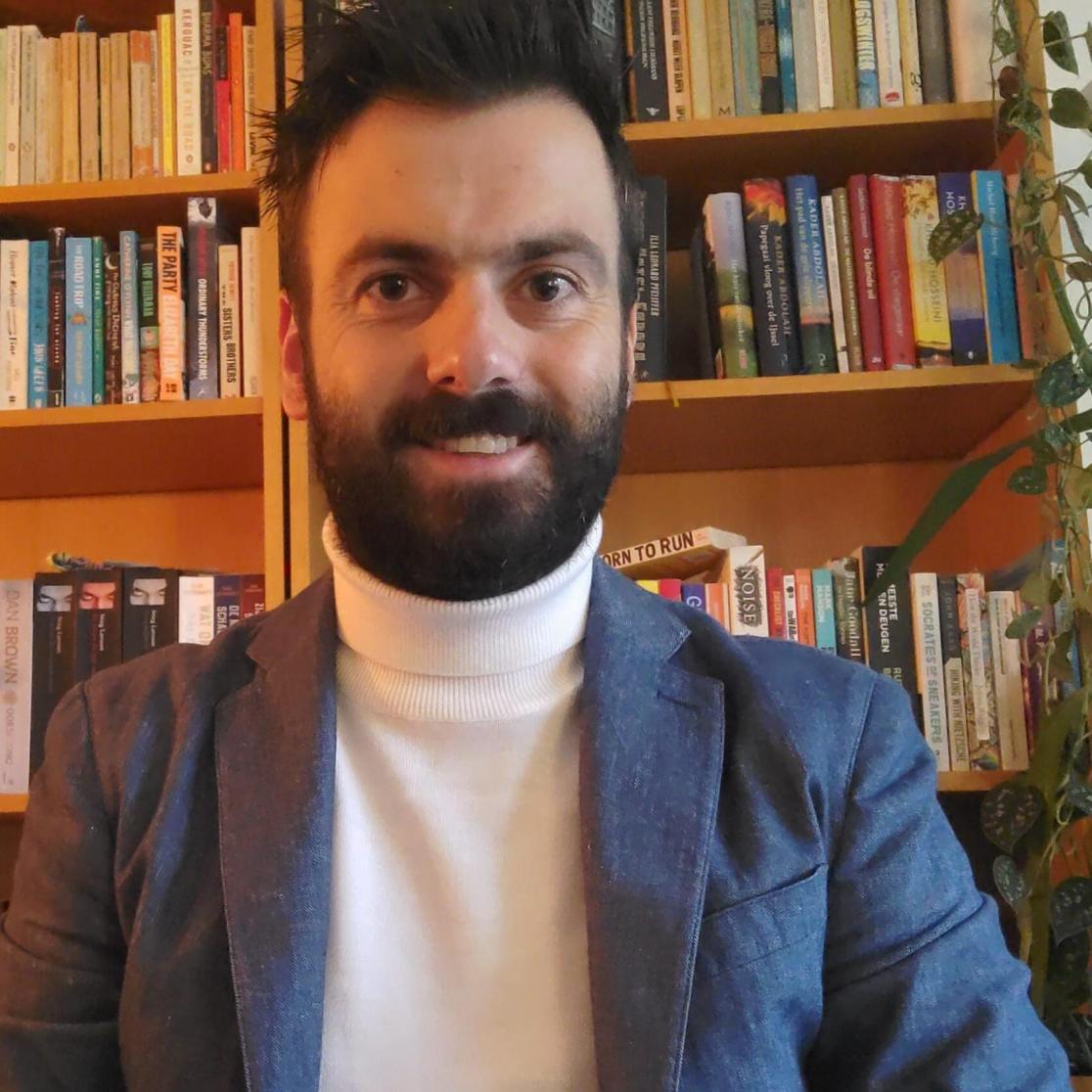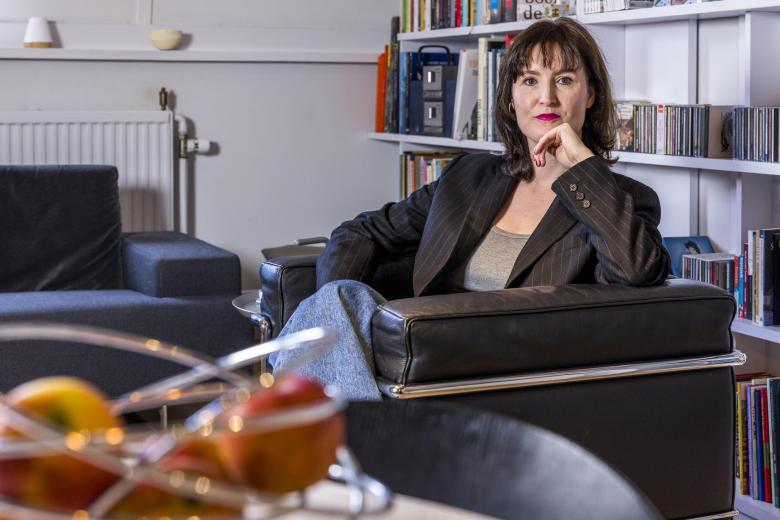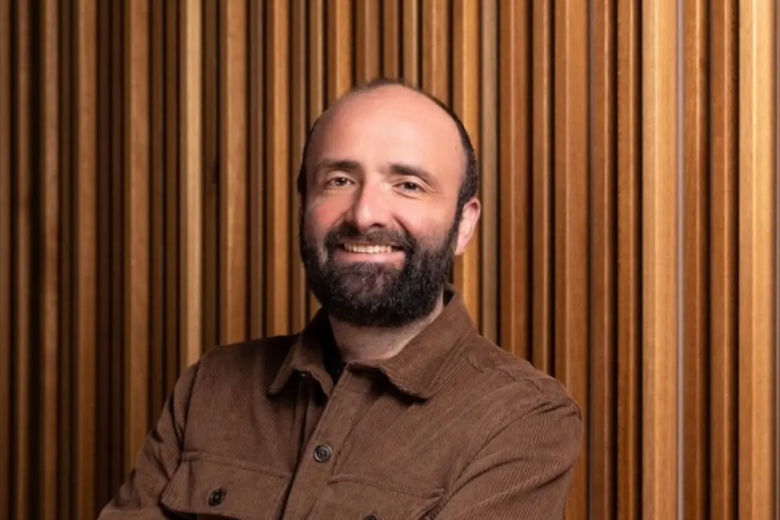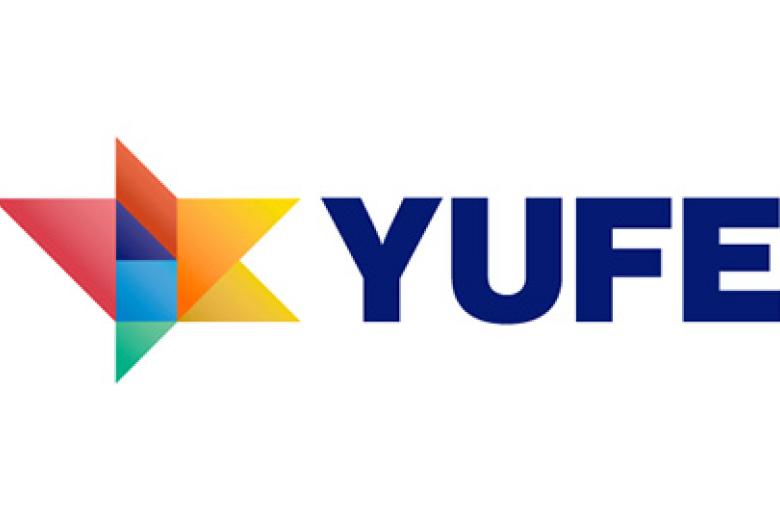How do we ease the transition from study to work?
In the context of his recent promotion and appointment within SHE as an assistant professor, Niels van der Baan talks about his doctoral research and reflects on how his expertise is relevant to HPE and SHE (and to our research program). Because Niels obtained his doctorate outside the health professions education (HPE) domain, this provides an interesting perspective.
''My name is Niels van der Baan and I recently joined SHE and the department of educational development & research. I work as an assistant professor at the taskforce Program Evaluation. I am responsible for the educational quality assurance of the Bachelor programs Health Sciences and European Public Health.
I also recently defended my PhD thesis, entitled ‘Facilitating the education-to-work transition: coach for employability unravelled. I did my PhD at the School of Business and Economics of Maastricht University. Supporting students in their transition to the workplace is pivotal for both the individual and for organisations. In my dissertation, I propose coaching as a valuable pedagogical practice to prepare students for their transition to the workplace. Results of my dissertation show that coaching helps students develop their employability, and in turn, facilitate their transition to the workplace. Employability refers to competences that go beyond theoretical subject knowledge and academic expertise, such as communication and teamwork skills, also called generic competences or 21st century skills. These employability competences are increasingly required by employers.
It goes without saying that developing these competences is also important for Health Professions Education (HPE). Although HPE programs offer healthcare professionals in training with various experiences and opportunities to learn and develop these employability competences, learning from these experiences does not automatically occur. To quote John Dewey: “We do not learn from experience. We learn from reflecting on experience.” It is coaching that can help individuals to reflect on their experiences and transform these experiences into learning experiences. In addition, coaching teaches individuals the skill of reflection, which allows them to reflect by themselves and continuously update their competences.
By integrating coaching in HPE and promoting reflective practices, we can empower future healthcare professionals to continuously develop themselves and become lifelong learners.''
Recently, Niels gave an interview about his PhD research. You can read this interview here.

Also read
-
Aagje Swinnen awarded NWO Open Competition M
Aagje Swinnen (FASoS) and Sarah de Mul (Open University), have been awarded an NWO Open Competition M grant for the project “Re-Imagining Burnout and the Cultural Narrative of Productive Adulthood through Literature”.

-

-
Green light for UM participation in unique YUFE bachelor programme
The UM can start as a degree awarding partner in the new unique bachelor programme Urban Sustainability Studies offered by YUFE (Young Universities for the Future of Europe), an alliance of ten European universities. This week, the UM received a positive outcome of the macro due diligence assessment...
